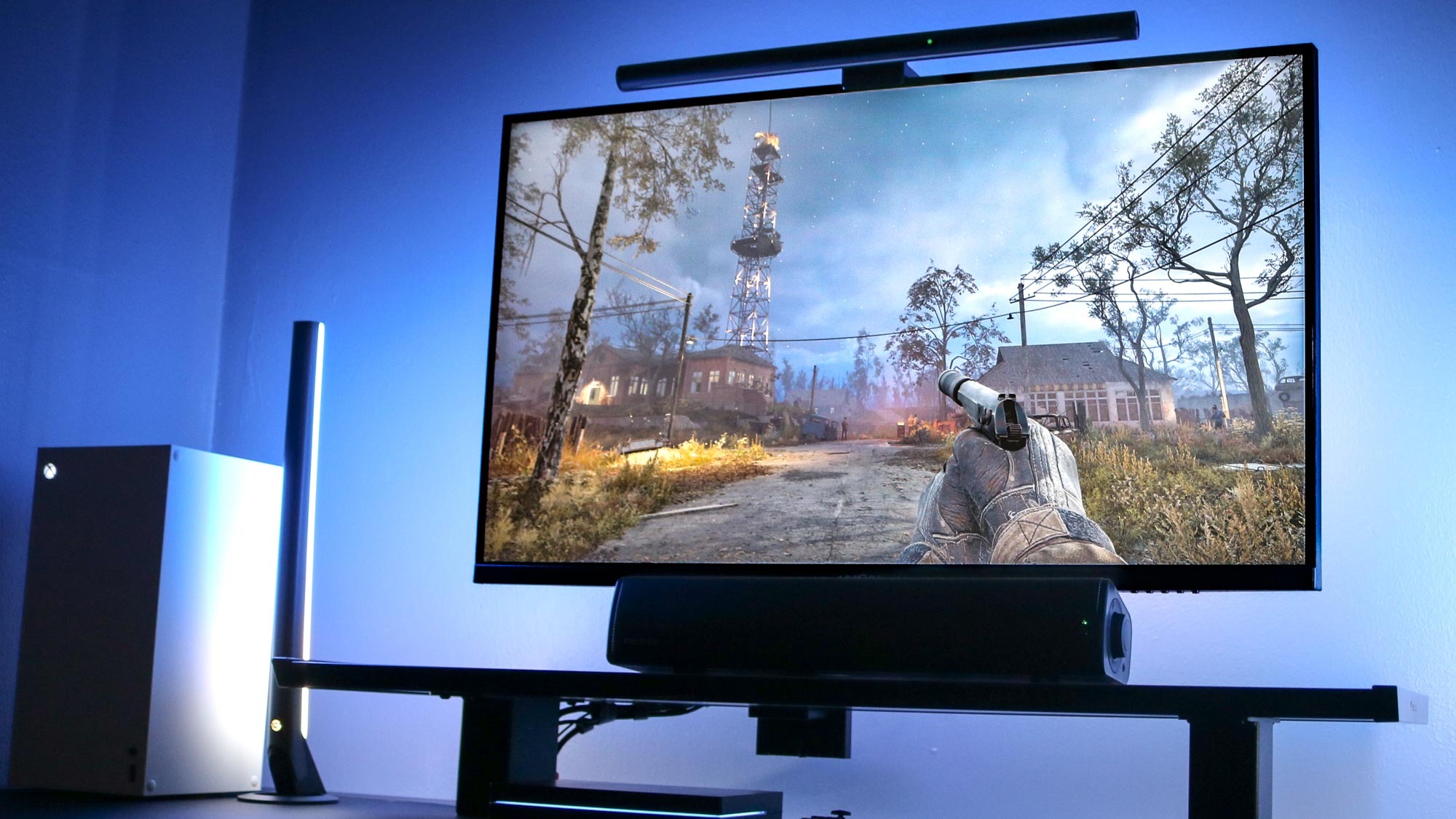
I’ll never forget the first time I stepped into Stalker’s Chernobyl Exclusion Zone. I had just built my first gaming PC and was ready to try out some of the best Steam games that I had previously missed out on as a console player.
Part of the reason I switched from console to PC was because I wanted to try out more first-person shooters and Stalker: Shadow of Chornobyl was like nothing I had ever played before. Sure, it was a bit rough around the edges but I was immediately swept up into the desolate wasteland that was the Zone and even years later, I still think about my experience playing the first Stalker from time to time.
It’s really the kind of game you need to experience for yourself and at the beginning of this year, it finally came to consoles. This was done in anticipation of its long-awaited sequel Stalker 2: Heart of Chornobyl which just released on both Xbox and PC earlier this week.
I’ve spent the last few nights working my way through the game’s prologue and returning to the Zone after all these years is even better than I imagined. Whether you played the original like I did or this is your first time stepping into the world of Stalker, you’re in for an experience like no other. But I’ve got to warn you, this game is as unpredictable as the anomalies floating around the Zone and its enemies are as unforgiving as the barren landscape you’ll need to traverse.
Once more into the Zone
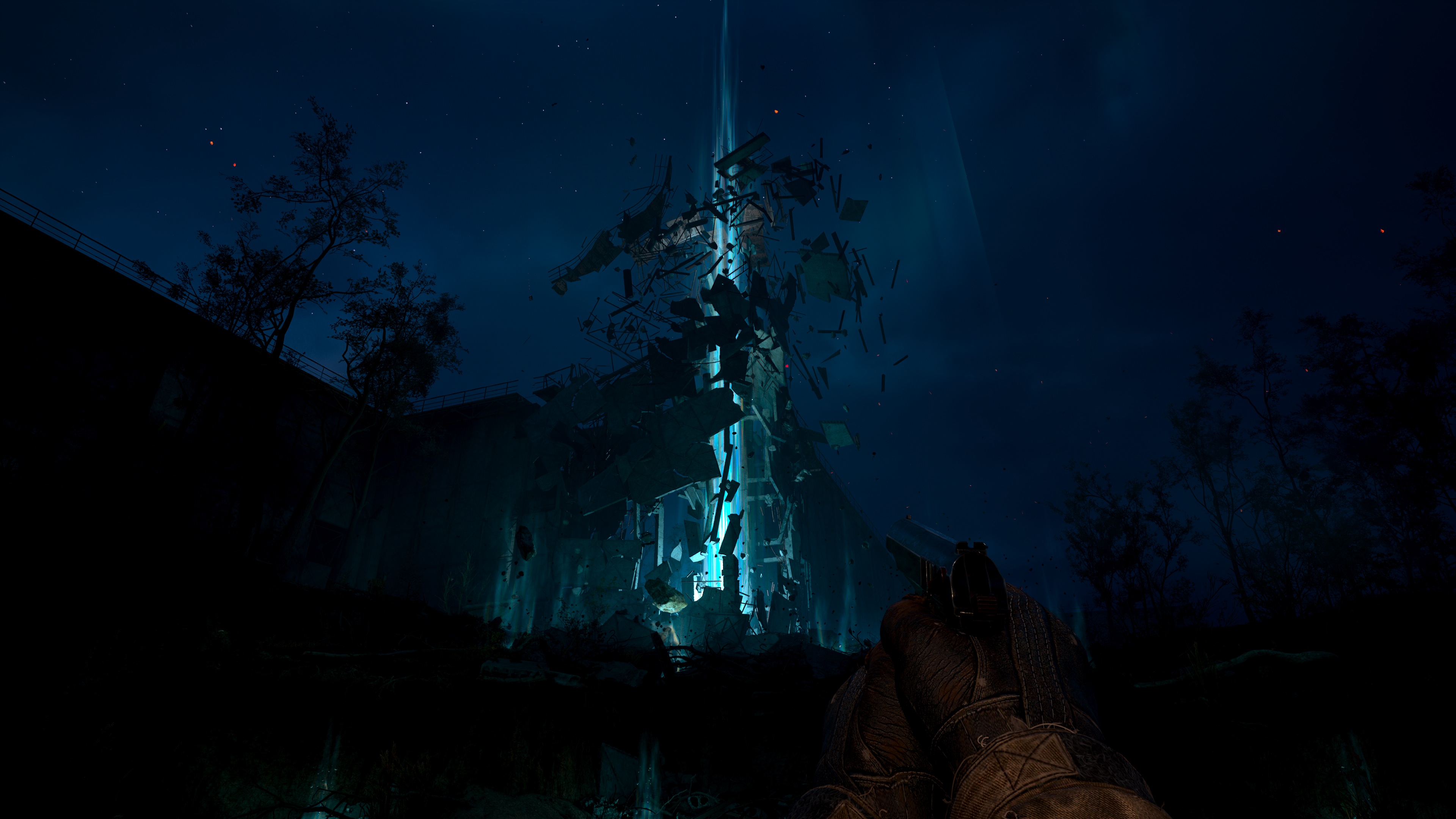
The Zone is just as strange and eerie as I remember from back when I played the first game but in Stalker 2, it’s brought to life by even more impressive visuals as it was built using Unreal Engine 5. It’s also a lot larger now too at a full 60 square kilometers compared to the original’s size which was a fraction of that at 7.5 square kilometers.
As an amateur stalker, your thrust right into the world after a short opening sequence in which your apartment is destroyed. While stalkers are officially trespassers who have entered the Zone illegally, they’re more akin to treasure hunters looking for artifacts that are formed inside the anomalies spread throughout the game’s world. These anomalies can appear on their own or in clusters and each one has different effects. Some turn gravity on its head while others send fire or electricity up into the air. They’re all quite dangerous but if you want to find valuable artifacts that can give your character unique new abilities, you’re going to need to seek them out.
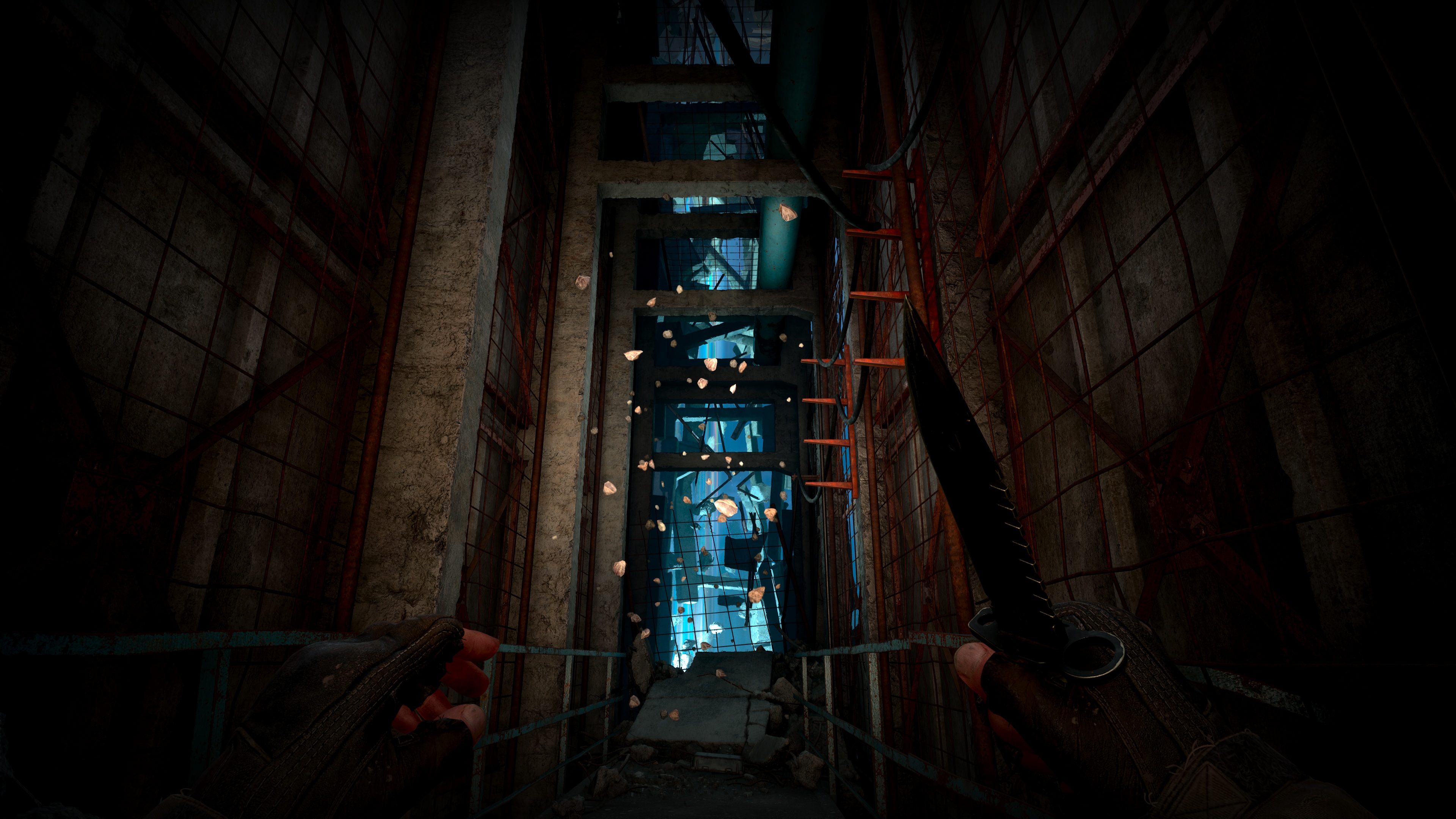
During Stalker 2’s opening moments, you're left to your own devices after jumping over a gap in the fence and heading into the zone. From the onset, it’s clear that things aren’t as they seem with rocks and other particles floating through the air.
Stalker 2’s prologue is also very dark as you first enter the Zone in the dead of night. While you do have a flashlight, turning it on is an easy way to alert the game’s monsters or even other rival stalkers to your presence. I did my best to use my own flashlight sparingly but there were times when exploring abandoned buildings and even out in the open world that, without it turned on, the game’s world was almost pitch black.
Even though it’s closed off to the rest of the world, the Zone is far from uninhabited. Alongside other stalkers, the military has maintained a presence there but there are also mutants who are either humans or animals that have been physically altered as well as poltergeists that were created before the Zone was even created.
Basically, there’s something or someone around every corner looking to take what little loot you’ve managed to collect so far and likewise, you’re there doing the same thing. There’s no leveling up in Stalker 2 and the only way to get stronger is to equip your character with better gear which means you’ll need to go deeper into the Zone to find it.
Fully immersed in a seamless open world
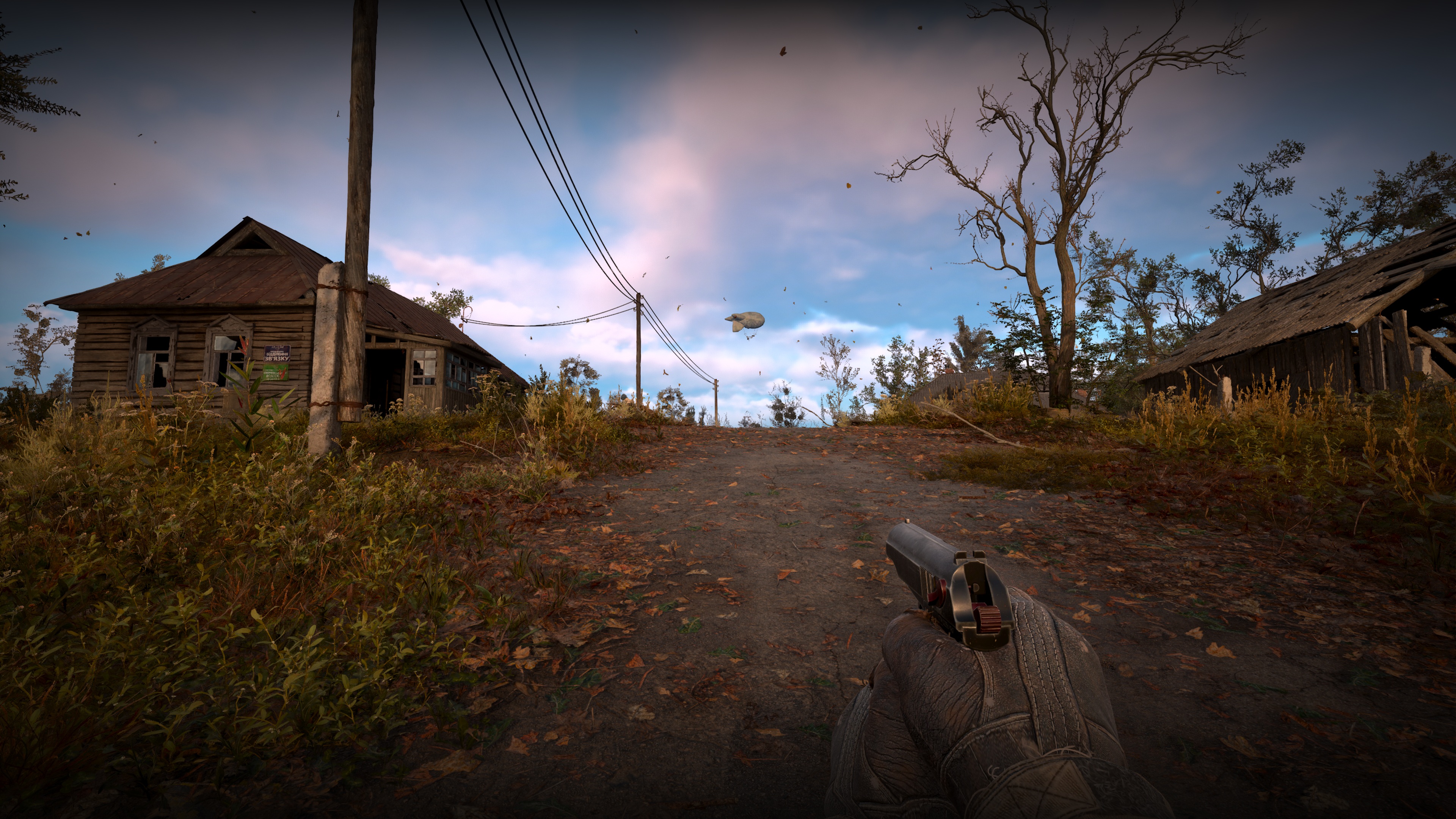
Having played the first game and a bit of the expansions that followed, I knew what I was getting into, for the most part. I knew I would be capturing screenshots throughout my playthrough of Stalker 2’s prologue, so I turned the opacity of the game’s heads-up display or HUD. However, as I began exploring the Zone more, I didn’t feel the need to turn it back on. Instead, playing HUDless immediately sucked me into Stalker 2’s world.
To turn things up a notch though, I put on one of the best gaming headsets and made sure all of the lights were out first before booting up the game. This, combined without having a HUD, immersed me into the world in a way that very few games do these days. Playing this way did make things difficult but without a minimap or compass telling me which direction to go, I was forced to pay even closer attention to my surroundings. When I did find myself getting lost, I pulled up the PDA I acquired early on and made a note of which direction I should head in next based on its map.
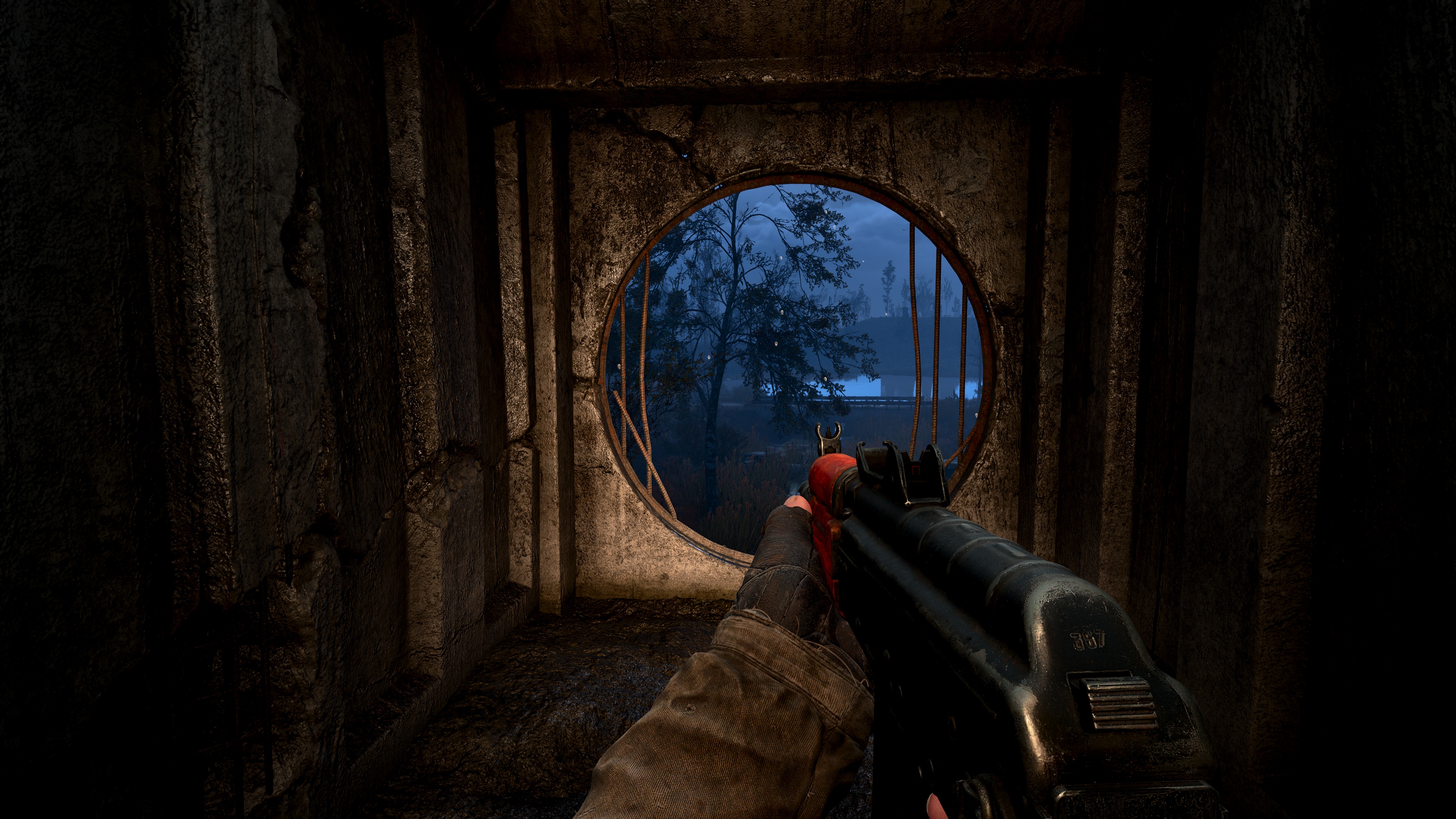
As I explored the outer fringe of the Zone, I kept to the shadows where possible and stayed low to the ground to avoid being detected. Even then though, the game’s enemies would take me off guard and if I stayed in one spot for too long, I often found myself being attacked by mutant dogs or rats. I changed tactics after this occurred a few times and decided to press on, albeit slowly and carefully.
Exploring the open areas was interesting but it was the abandoned buildings scattered throughout the Zone that really caught my attention and had me on edge. I would clear each room and peek around corners like I was on a SWAT team before breathing a sigh of relief when the only people I found had long since perished. Once I build up my arsenal of weapons and supplies, I’m sure I’ll be able to move a lot faster but in the game’s opening hour or so, I was a stranger in a strange land going as slowly as possible to avoid running into other stalkers or mutants.
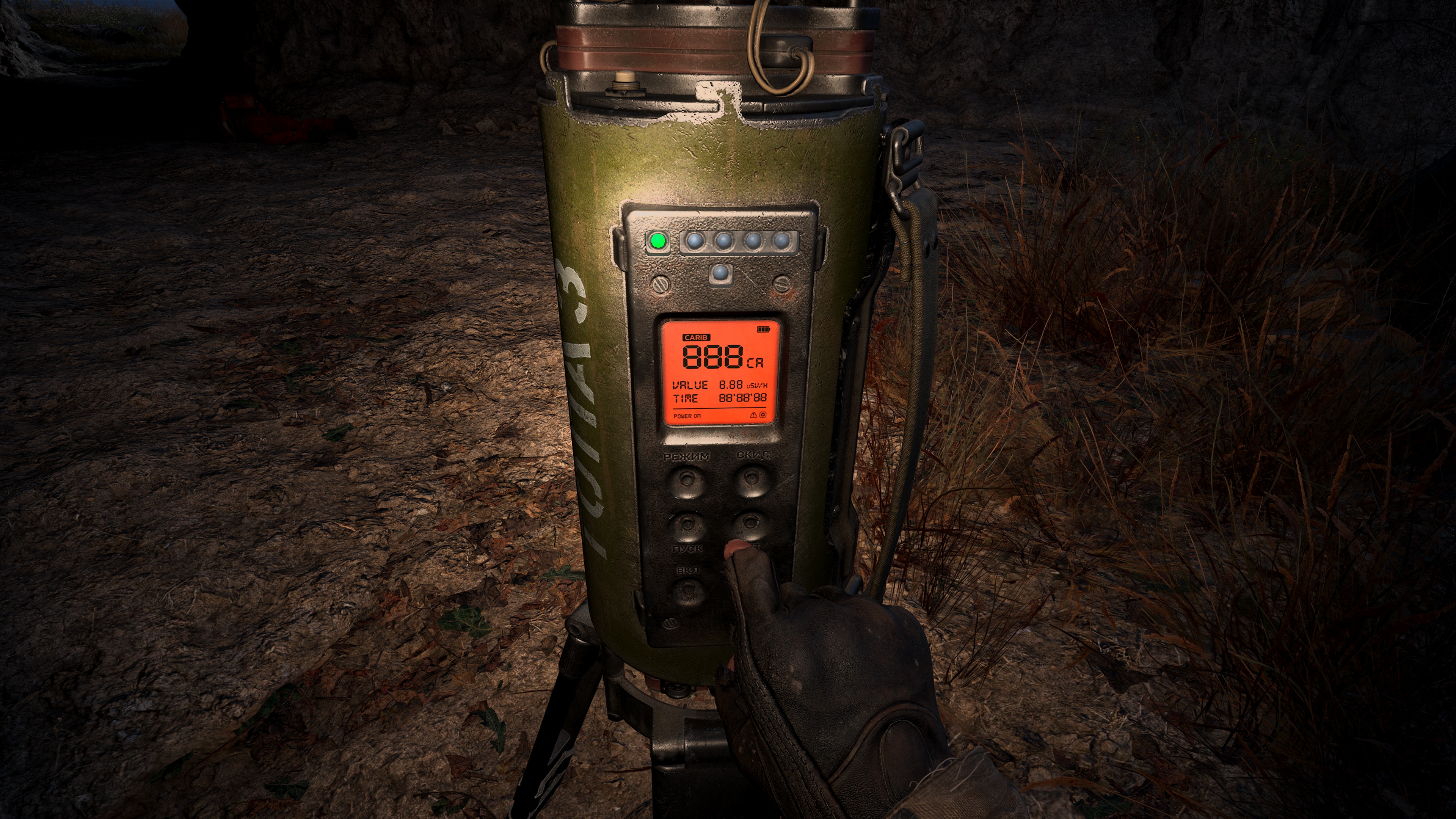
Another thing that really adds to the immersion in Stalker 2 is that everything — including the cutscenes — is in first person. For instance, while trying to charge up the artifact that led me to brave the Zone in the first place, I had to stop and program a scanner. Knowing that I was completely vulnerable in those moments added to an already tense experience and when the scanner failed, I was more than ready to move onto my next set of coordinates.
Worth the wait and now even easier to play
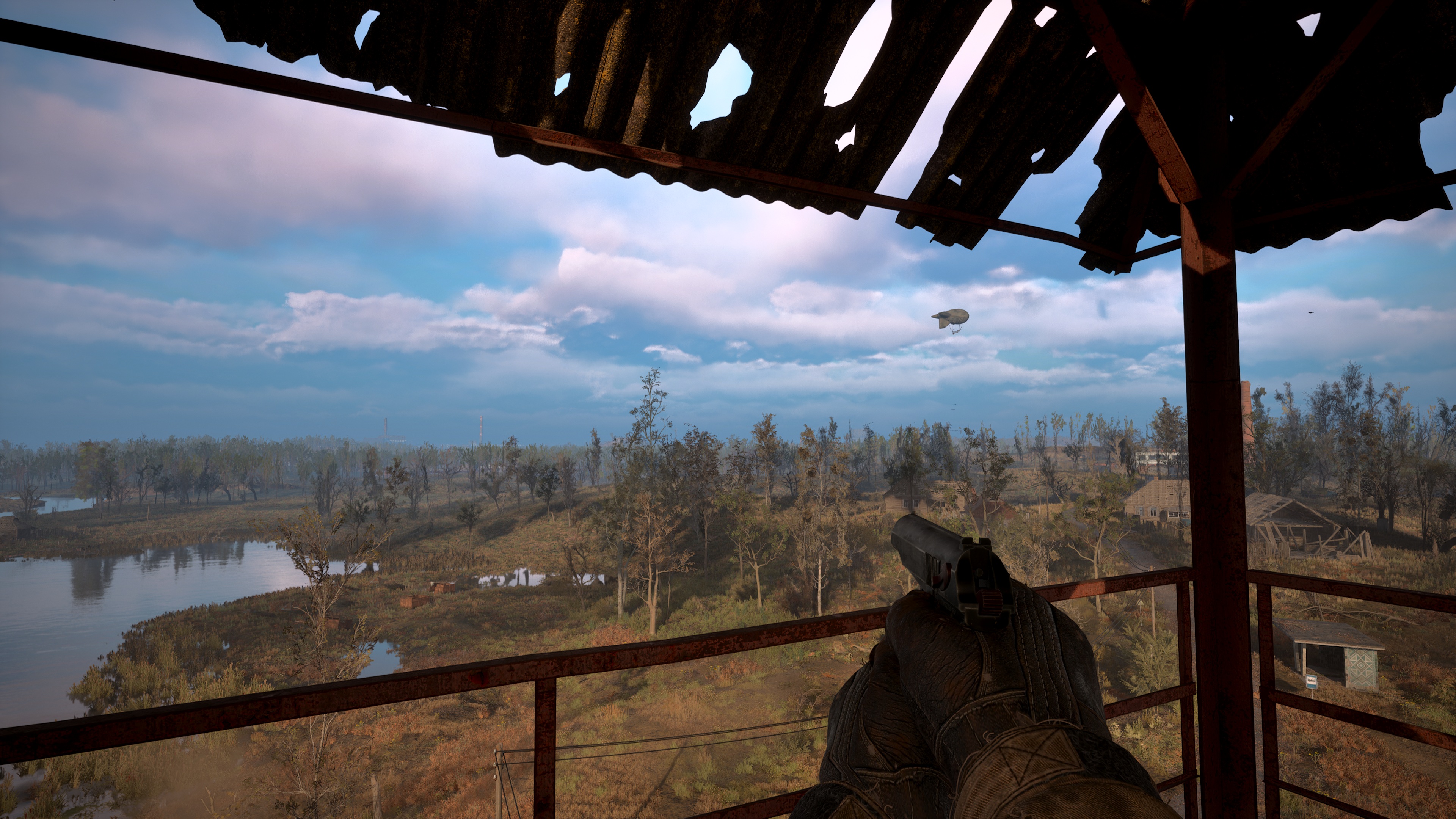
First announced back in 2010 before being canceled in 2012 and then delayed in 2022 once development started up again in 2018, Stalker 2 has been a long time coming. 14 years in fact and now that it’s finally here, it’s absolutely worth checking out if you’re a fan of post-apocalyptic, sci-fi-inspired, first-person shooters.
While the original Stalker was reason enough to build a PC or to pick up one of the best gaming laptops at the time, its sequel is much more accessible. You can play Stalker 2 on either the Xbox Series X or the Xbox Series S and surprisingly, it runs fairly well on Microsoft’s smallest Xbox yet. It’s not without its bugs or glitches but GSC Game World has been very consistent when it comes to pushing out fixes and updates. Likewise, you can play Stalker 2 on PC through Steam, Epic Games, GOG and other PC game stores but it’s also available via Microsoft’s PC Game Pass.
I personally played on the new Xbox Series X Digital Edition and while it runs at 60 fps in Performance Mode, I played in Quality Mode with better visuals at a solid 30 fps. I might switch back to performance once I start finding myself in more firefights but for exploring and traversing the Zone, I’ve found that the slower yet more visually impressive quality mode is very immersive. During my playthrough so far, I found myself stopping to just look at and take in the world around me.
Stalker 2 certainly won’t be for everyone but if you’re a fan of 4A Games’ Metro series or even Bethesda’s Fallout games, you’ll be right at home exploring the Zone. You will want to save often though as in the Zone, danger lurks around every corner whether it’s an anomaly that will throw you into the air or a poltergeist that can turn invisible and then reappear when you least expect it.







